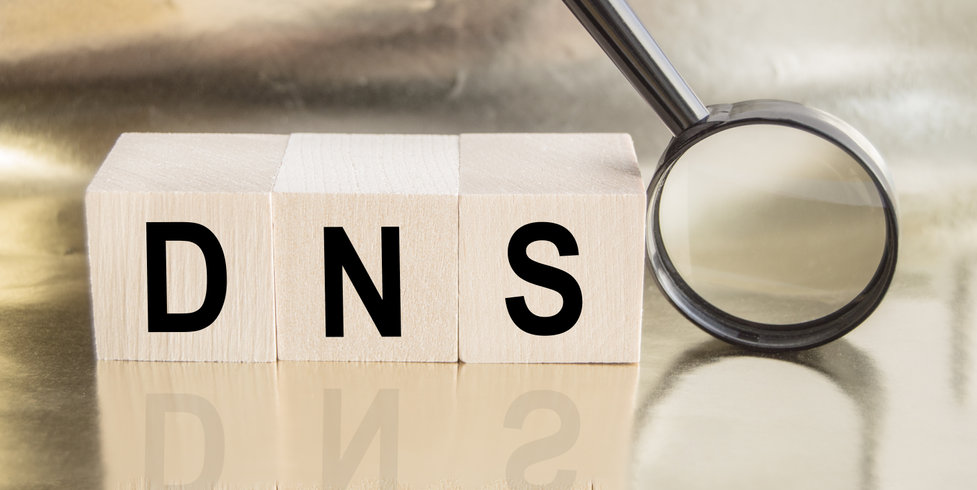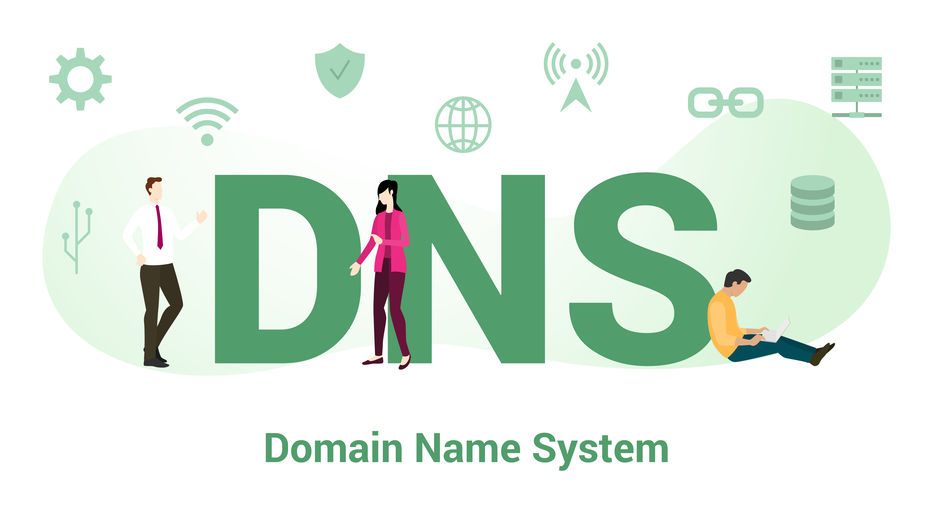Understanding DNS Flood Attack: What Is It and How to Protect Against It
In today’s digital age, cybersecurity threats continue to evolve, targeting critical components of online infrastructure. One such threat is the DNS flood attack, a type of Distributed Denial of Service (DDoS) attack aimed at overwhelming Domain Name System (DNS) servers. This blog post will explore what DNS flood attacks are, how they work, and what can be done to protect against them.
What Is a DNS Flood Attack?
A DNS (Domain Name System) flood attack is a type of DDoS attack that specifically targets DNS servers, flooding them with a massive amount of requests in a short period. DNS servers are responsible for translating domain names (like example.com) into IP addresses that computers use to locate and communicate with each other. By overwhelming these servers with a flood of requests, attackers aim to disrupt the DNS system, rendering websites and other online services inaccessible to legitimate users.









